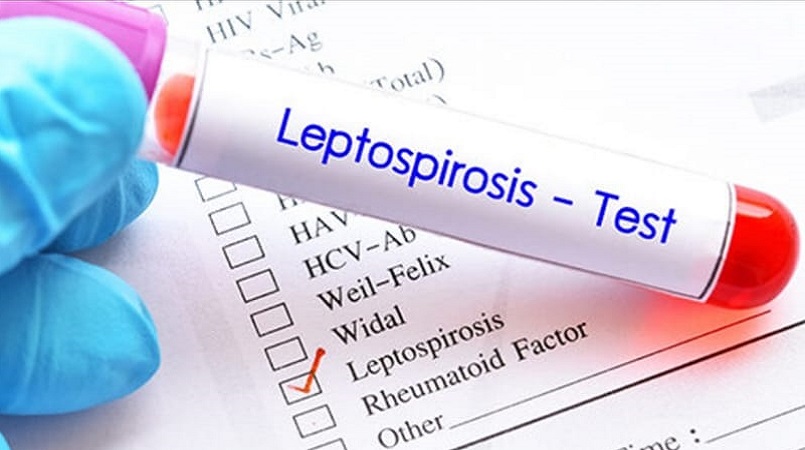
Six new leptospirosis cases have been reported by Vanuatu’s National Surveillance Unit since 6 March, increasing the total cases of this year to 26.
Four of the new cases are reported on Santo, one on Efate and the other on Pentecost.
Health Promotions Vanuatu said of the 26 cases, the majority are from Santo.
Four clinically diagnosed cases were reported from Vila Central Hospital (VCH) and one reported death in February was referred from Erromango.
These cases were reported after 212 leptospirosis rapid diagnostic tests were done at VCH and the Northern Provincial Hospital (NPH) with results showing 26 positives and 86 negatives so far.
Community awareness sessions are being conducted in the provinces to sensitize the population on the facts and transmission mode of leptospirosis from animal to human including personal knowledge on household prevention and protection measures.
The MOH emphasized the importance of early detection and proper clinical management of the infection.
Anyone who suspects that they have symptoms of leptospirosis infection are encouraged to visit their nearest health facility immediately for accurate testing.
Leptospirosis is suspected when patients present with acute fever illness with headache and muscle aches (often leg muscle), associated with any of these symptom: swelling or blood in the white area of the eyes, no urine or very little urine production, jaundice, cough, coughing up blood and breathlessness, bleeding, meningeal irritation, irregular heartbeats or heart failure and skin rash.
The best way for people to prevent being infected is to treat water to make it safe to drink by boiling or using an appropriate chemical treatment. Cover cuts and abrasions with waterproof bandages or other coverings that seal out water, do not wade, swim, bathe, submerse head in or swallow floodwater or any fresh water source that may contain animal urine or be contaminated by floodwater runoff.
Wear waterproof protective clothing, shoes or boots near floodwater or other water or soil, prevent rodent infestation by keeping food, water and trash in closed containers, and trapping any rodents, avoid eating food that rodents may have access to and wash hands before eating including wash well fruits and vegetables before usage.
Photo file
